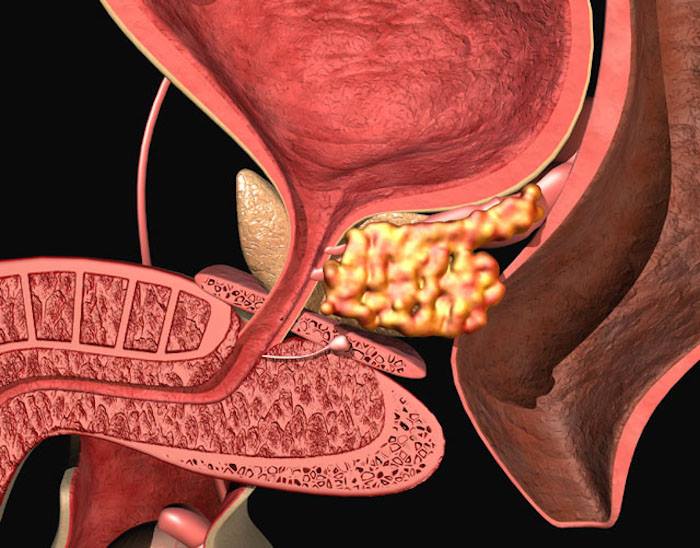A researcher who found that testosterone raised the risk of prostate tumors and exacerbated the effects of carcinogenic chemical exposure in rats is urging caution in prescribing testosterone therapy to men who have not been diagnosed with hypogonadism, according to a new study published in the Endocrine Society’s journal Endocrinology.
Testosterone use has soared in the last decade among older men seeking to boost energy and feel younger. One study published in The Journal of Clinical Endocrinology & Metabolism found that the number of American men who started testosterone therapy has nearly quadrupled since 2000, despite concerns about potential cardiovascular risks.
The Endocrine Society’s Clinical Practice Guidelines on testosterone therapy in adult men recommend prescribing testosterone only to men who have unequivocally low levels of the hormone and decreased libido, erectile dysfunction or other symptoms of hypogonadism, a condition that results from low testosterone, and can be found online at: http://www.endocrine.org/
“This research demonstrates that testosterone on its own is a weak carcinogen in male rats,” said the study’s author, Maarten C. Bosland, DVSc, PhD, of the University of Illinois at Chicago. “When it is combined with cancer-causing chemicals, testosterone creates a hospitable environment for tumors to develop. If these same findings hold true in humans, there is serious cause for public health concern.”
Two dose-response studies examined the incidence of prostate cancer in rats. The rats were given testosterone through slow-release implant devices. Before the rats were dosed with testosterone, some of the animals were given injections of the carcinogenic chemical N-nitroso-N-methylurea (MNU). These rats were compared to a control group that received MNU but had empty slow-release devices implanted.
Among the rats that received testosterone without the carcinogenic chemical, 10 to 18 percent developed prostate carcinomas. Testosterone treatment alone did not induce specific tumors at other sites, but compared with control rats, it caused a significant increase in the number of rats with malignant tumors at any site. When rats were exposed to testosterone and the carcinogen, the treatment caused prostate cancer in 50 to 71 percent of the rats. Even when the hormone dose was too low to elevate testosterone levels in the bloodstream, half of the rats developed prostate tumors. Animals that were exposed to the carcinogenic chemical but not testosterone did not develop prostate cancer.
“Since the growth of testosterone therapy is relatively recent and prostate cancer is a slow-moving disease, there are at present no data to determine if testosterone could heighten the risk of prostate cancer in humans,” Bosland said. “While human studies are conducted, it would be prudent to limit testosterone prescriptions to men with symptomatic clinical hypogonadism and avoid testosterone use by men for non-medical purposes, including addressing normal signs of aging.”
The study, “Testosterone Treatment is a Potent Tumor Promoter for the Rat Prostate,” was published online, ahead of print.
Source: Maarten C. Bosland. Testosterone Treatment Is a Potent Tumor Promoter for the Rat Prostate. Endocrinology, 2014; en.2014-1688 DOI: 10.1210/en.2014-1688.
Journal Link: http://bit.ly/1qcAL7f












